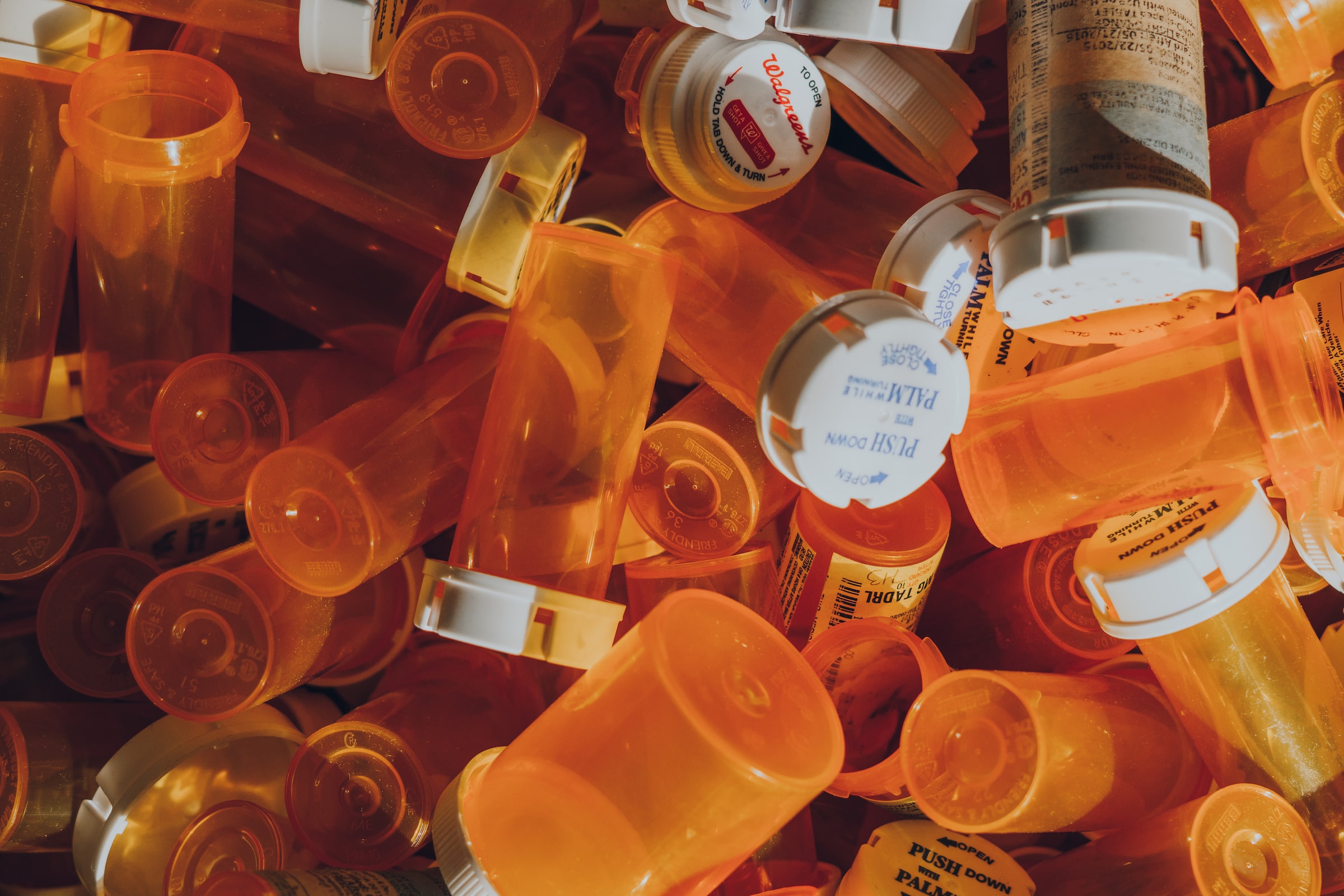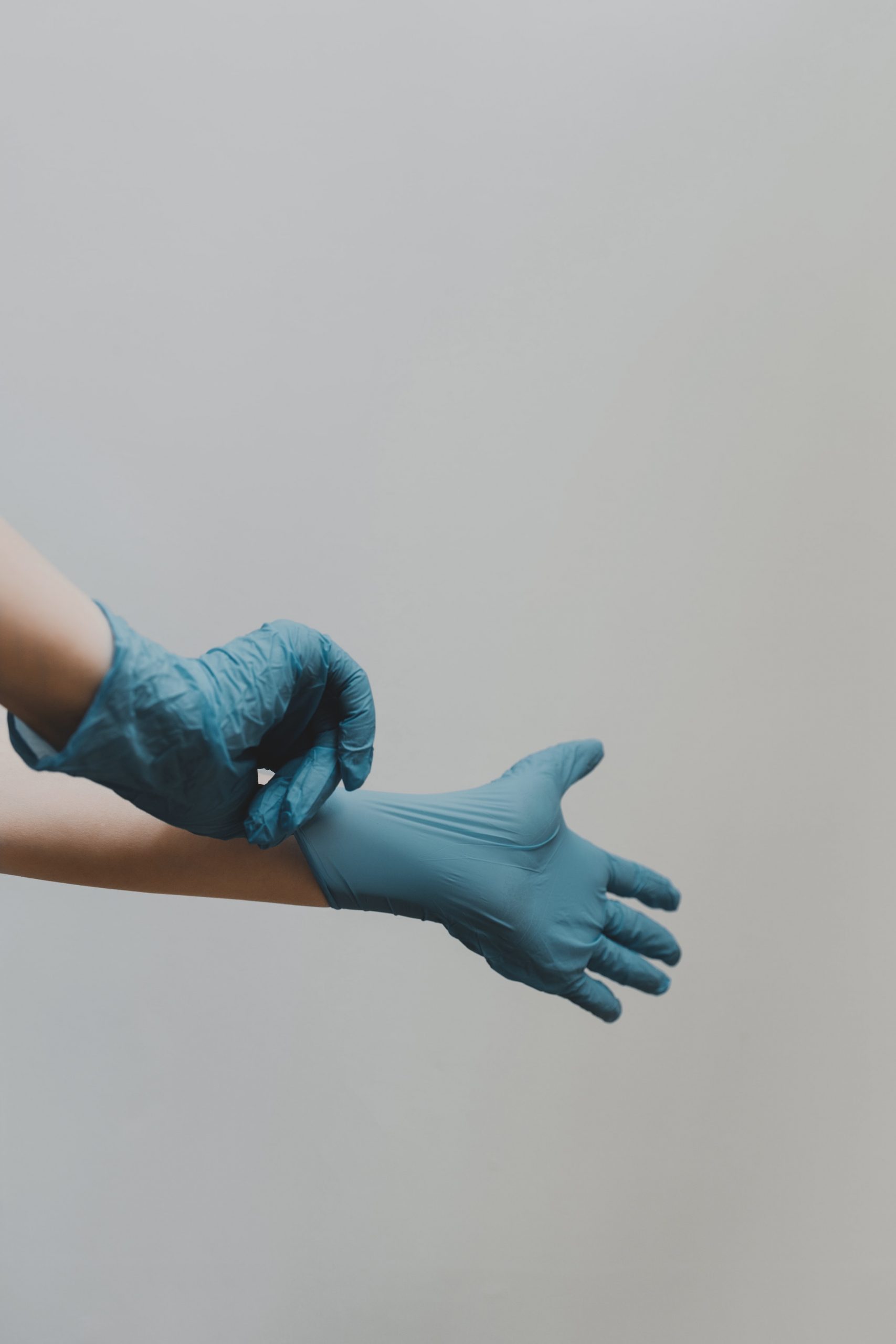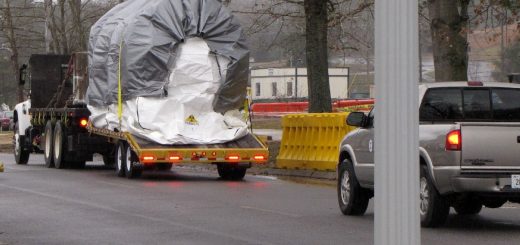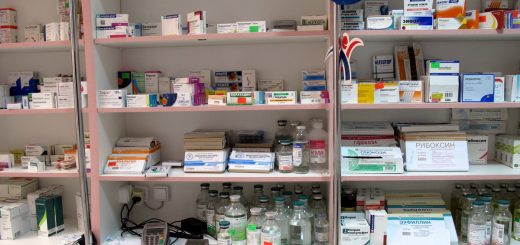Medical Waste: Health And Environmental Hazards
When medical waste is not treated properly, it has both health and environmental impacts. So, without further ado, let’s dive into this blog and learn more about medical waste’s health and environmental hazards here.
Key facts

-
- Approximately 85% of healthcare waste is comparable to household waste and is not hazardous.
-
- The remaining 15% is considered hazardous and may be infectious, chemical, or radioactive.
-
- It is estimated that 16 billion injections are given worldwide each year, but not all used needles and syringes are properly disposed of.
-
- In some cases, healthcare waste is incinerated, sometimes in open fires, and burning it can result in the emission of dioxins, furans, and particulate matter.
-
- Measures to ensure safe and environmentally sound management of health care waste can prevent undesirable health and environmental impacts, such as unintentional releases of hazardous chemical or biological substances, including resistant microorganisms, into the environment, and thus protect the health of patients, health care workers, and the general public.
What is medical waste?
Hospitals generate a large amount of waste due to their activities. This waste is generally called healthcare waste (HW) and concerns human and veterinary medicine. Medical waste also refers to waste from medical equipment, research centers, etc.
The different types of medical waste
There are different types of waste in the medical industry. It comes from a variety of sources: healthcare facilities, research centers, laboratories, blood banks, and many others.
-
- Infectious waste: This is waste that has been contaminated with blood or any other body-related fluid. It also refers to waste from patients in isolation.
-
- Anatomical waste refers to organs and tissues from the human body or contaminated animal carcasses.
-
- Radioactive waste: this is radioactive diagnostic materials, radiotherapy equipment, and anything that radionuclides have contaminated.
-
- Genotoxic waste: this is waste from cancer treatments. They are very dangerous, mutagenic, carcinogenic, and teratogenic.
-
- Chemical and pharmaceutical products
-
- Sharp or pointed objects
-
- Household waste. This refers to waste related to catering, wrapping paper (equipment, food…).
Health hazards of medical waste
Medical waste does have a negative impact on health. It represents the reservoir par excellence of microorganisms that could infect patients still hospitalized. These microorganisms could also affect healthcare workers and the general public. Medical waste can also have other health impacts. These include radiation burns, poisoning, water pollution, poisoning, etc., as well as cuts from sharp objects.
The danger of medical waste on the environment
Medical waste also harms the environment. This is because a medical waste, like other waste, is treated before it is disposed of in specific locations. But with improper treatment, many pathogens are released and pollute the environment. As a result, drinking water can become contaminated and unfit for consumption. Also, when waste disposal sites are poorly maintained, the agents who work there will always have health problems.
Moreover, when incineration is poorly done, it is responsible for the pollution of the environment and the health of those who work there. Improper incineration means the incineration of unsuitable objects. When materials containing chlorine are incinerated, for example, dioxins and furans are produced in the atmosphere. These toxins are responsible for various cancers observed in people who have been exposed to them.
Measures to combat the dangers of medical waste

Medical waste must be treated with the utmost care. And to protect the environment and people’s health, certain measures should be taken. For example, medical waste should be subject to special allowances, better distribution, and improved handling and disposal. There must also be awareness periods about the dangers of medical waste and its impact on health. In addition, better choices need to be made so that waste will not be a problem in the future. For this, do not hesitate to ask for the services of companies specialized in the treatment of waste activities.
Sound off in the comments section below, and tell us what you want to read next and if you want to read more about medical waste.



